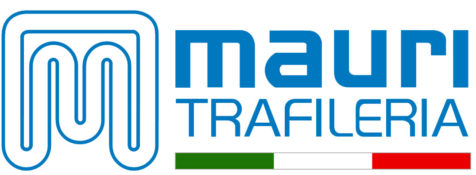Cold drawn EN 10277:2018 standard
W.NR.: 1.0727
High machinability steel for direct hardening
heat analysis according to the EN ISO683-4:2018 standard
| C % | Si % | Mn % | P % | S % | |
| From | 0,42 | – | 0,70 | – | 0,15 |
| To | 0,50 | 0,40 | 1,10 | 0,06 | 0,25 |
according to the EN 10277:2018 standard
| Thickness mm |
Rolled + peeled rolled ( +SH ) |
Cold drawn ( +C ) |
|||
| hardness HB max | Rm (MPa) | Rp0,2 minimum | Rm (MPa) | A5 % | |
| (MPa) | minimum | ||||
| ≥5≤10 | 570 | da 740 a 980 | 5 | ||
| >10≤16 | 470 | da 690 a 930 | 6 | ||
| >16≤40 | 222 | da 590 a 760 | 400 | da 640 a 880 | 7 |
| >40≤63 | 213 | da 580 a 730 | 380 | da 610 a 850 | 8 |
| >63≤100 | 207 | da 560 a 710 | 340 | da 580 a 820 | 8 |
* Delivery condition: as rolled.
Machinability:
This steel grade generally shows a quite good machinability on machine tools; machinability decreases with the increase of carbon, silicon and manganese content.
Weldability:
Due to the high sulphur and phophorus content free-cutting steels for direct hardening are not recommended for welding.
Notes:
CORRESPONDENCE WITH OTHER STANDARDS (purely as an indication):
| EN 10277-3:08 | DIN 1651 | EN 10087 |
| 46S20 | 45S20 | 45S20 |
